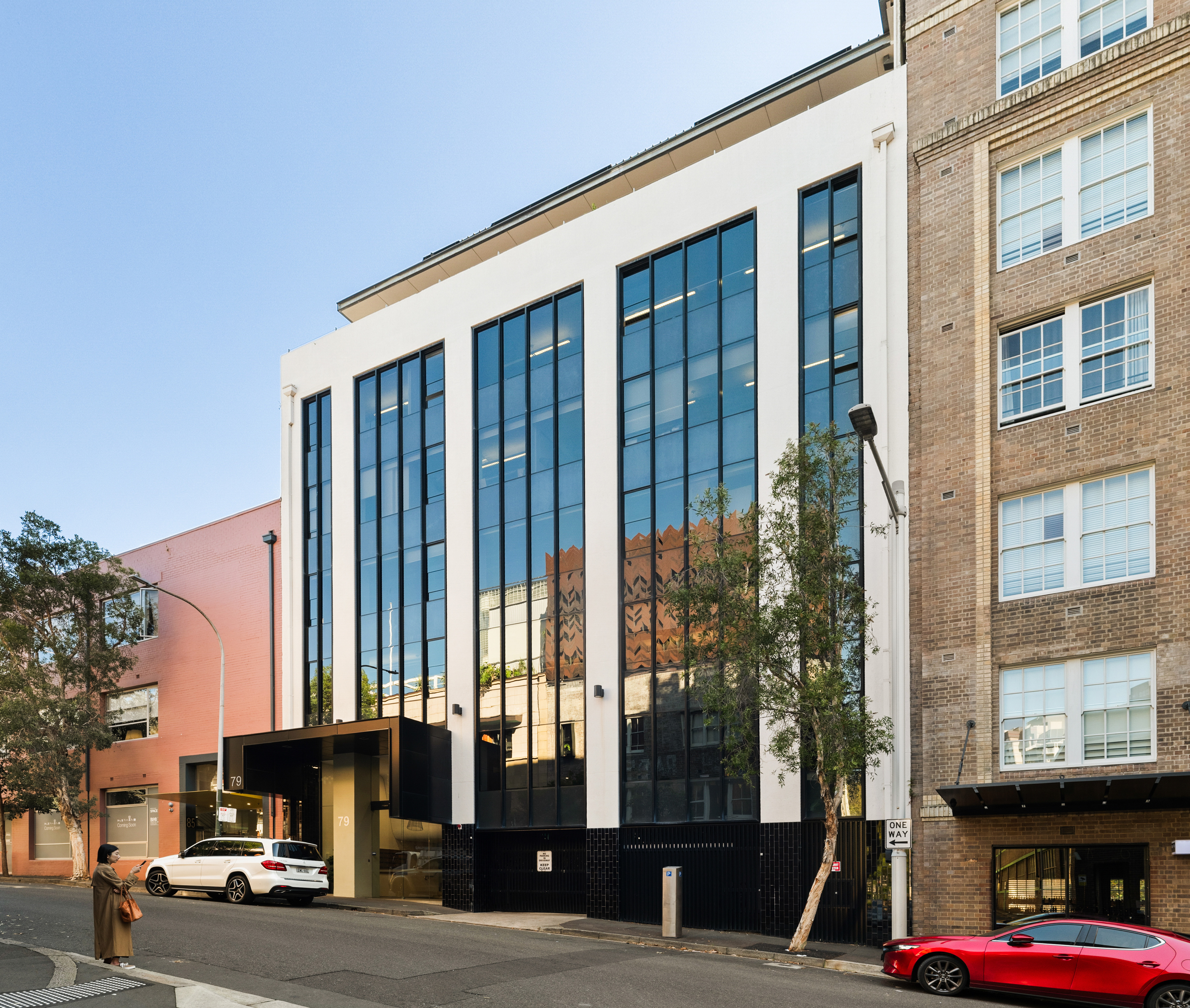Why Japan real estate is hot property
Investors are hunting for deals in Japan, lured by its low rates and strong fundamentals
Real estate deal activity in Japan has been among the strongest in the world this year, buoyed by its interest rate policy that has been widely credited for keeping its real estate resilient.
Investors deployed $8.9 billion into the country’s commercial real estate sector in the first quarter of the year, up 43% from the year earlier, according to JLL data.
A major driver was the burgeoning appetite of foreign investors, who almost doubled their investment from a year ago to $2 billion in the quarter.
“Foreign investors have been actively trying to enter Japan because of its favorable interest rate differentials over other key markets,” says Koji Naito, Research Director, Capital Markets, Japan, JLL. While the weak yen has been a boon for investment, “Japan’s strong fundamentals remain the primary appeal for investors injecting capital into the country.”
Japan’s standout performance this quarter has contrasted with the rest of the world. Investment volumes in the Americas region and Europe declined 61% and 58% year-over-year to $66 billion and $35 billion, respectively, according to data from JLL’s Global Real Estate Perspective.
Looking for more insights? Never miss an update.
The latest news, insights and opportunities from global commercial real estate markets straight to your inbox.
A magnet for capital
Among the bright spots has been Japan’s office sector, where transaction activity has gained momentum. One notable deal in the first quarter was the acquisition of Osaka’s Kitahama Nexu building for 24.85 billion yen ($180 million) by Singaporean sovereign wealth fund GIC.
Office investment volumes in Japan rose more than 110% year-on-year to reach $4.5 billion in the first quarter as investors make the most of the sector’s resilience and robust demand. Offices were also the top destination for investment, making up half of total investment volumes, JLL data show.
Meanwhile, activity outside the office sector has cooled, although recent transactions point toward improving sentiment. “Logistics and multifamily assets in Japan remain highly sought-after by offshore investors seeking exposure to the market,” says Naito.
In April, private equity giant Blackstone sold a six-warehouse portfolio in Japan to GIC for $800 million. More recently, U.S. developer Hines acquired five multifamily properties in Tokyo and Kyoto as part of its strategy to scale up to $1 billion of asset value in five years.
Investment Opportunities
Reason for optimism
Investor appetite is expected to remain strong this year, backed by Japan’s economic recovery from the pandemic and the continued low-interest-rate environment.
Interest rates will likely rise eventually but, after a rapid and aggressive period of tightening, there is relatively little further upward movement to come, according to JLL’s Global Real Estate Perspective. However, Japan is a slightly different situation.
“Any rate increases by the Bank of Japan might not happen in the near term as the current consumer price index (CPI) is controlled and significantly lower than other major economies,” says Naito.
Uncertainty could yet persist but there is reason for optimism, says Stuart Crow, CEO, Capital Markets, Asia Pacific, JLL.
“The market continues to be challenging, with many investors reasoning that the tightening of lending standards will provide further uncertainty for the commercial real estate market,” Crow says. “However, Asia Pacific remains more insulated and we’re confident that liquidity risk is well contained in the region and a resumption of activity is a matter of when, and not if.”
聯繫 Koji Naito
Research Director, Capital Markets, Japan, JLLWhat’s your investment ambition?
Uncover opportunities and capital sources all over the world and discover how we can help you achieve your investment goals.




